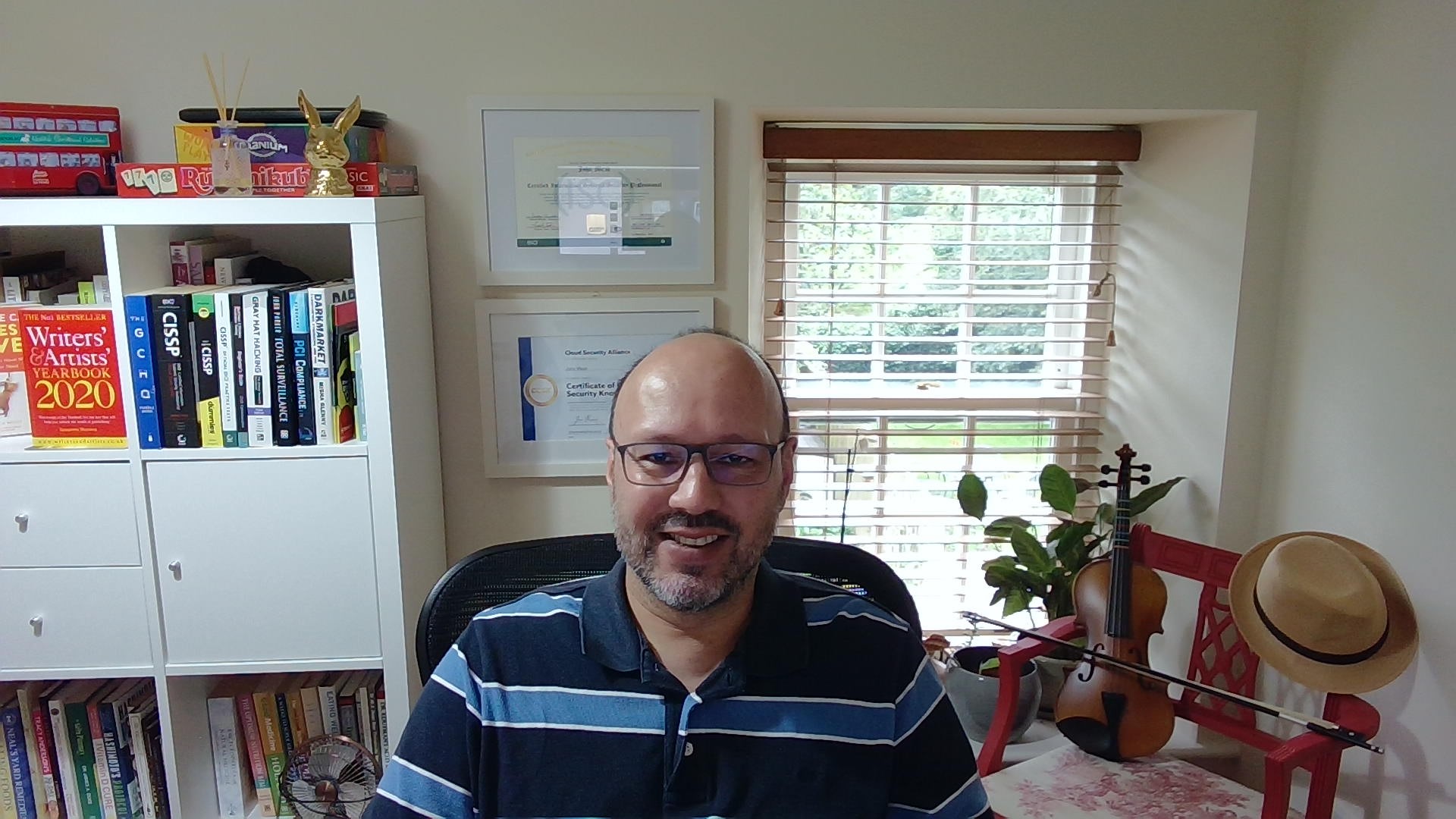
Often, when I've watched webinars or attended Creative Writing courses, I've heard the following remarks, repeated time after time: What if I'm not good enough, I've not written anything for weeks, distractions are everywhere, or I just don't have the time. These and many others are all common themes that I've come across during my writing journey.
Whether you're struggling with writer's block or with the preconceived idea that you're simply not good enough or that you think of time as a constraint on your output, I can honestly say I've experienced all of the above. It may come as a surprise to know that it is all based on fear. Fear of not being good enough, fear of failure, the list goes on and on, but it all adds up to that well-known phrase, procrastination. In other words, putting the act of writing off. It would be relatively easy for me to say, 'Just do it. However, in reality, the doing part is the hardest.
So what's the big secret that I'm building up to whereby you will no longer feel guilty about putting your writing off? How do you remove the stress and anxiety from the process of wanting to write?
If you want to make progress with any of your writing goals, you need to form the habit of writing daily. That's right, make the decision to start now. Decide on the best time of day that suits your lifestyle, and schedule your writing in. The first step to being a great writer is to show up by writing every day.
But you have to start with small steps. To begin with, you could decide to write for twenty minutes a day at a predetermined time. Or settle, for example, to start at 11 am and aim for a Word count of 250 words. Once the words begin to flow, you will find that you will exceed your daily goal and find that you have somehow kept going well past your target. The critical point is that you MUST do this each day of the month. After a continuous thirty days, a natural habit of writing will form. 250 words a day for a month adds up to 7,500 words or more if you've exceeded your daily target.
Your imagination might be buzzing with ideas swirling around inside your head. Still, if you miss these little inspirations as they float on by, they will simply vanish, never to return.
It's time to make your writing painless and predictable.
Here are some simple steps to take to get your creative juices flowing to ensure that you capture those great ideas and that they hit the page every day.
- Record those little inspirations in a notebook, on your smartphone or laptop, whatever you have to hand - but the main point being, bring those ideas into the physical world - give them life. Give your idea a heading, a description that you can return to later. Recording your thoughts and any details about them helps when trying to remember precisely what the idea was all about at a later time and will help you focus better on your writing, rather than struggling for hours trying to come up with something new yet again. Write down all of your ideas and make sure they are organized in some fashion so that it becomes easier for you later on
- Start the writing process by regularly planning out your pieces. It might be easier to just start with a synopsis for this practice until you are ready to begin your article, short story or, dare I say, novel
- Acquire appropriate tools that will help you achieve your writing goals. My toolset consists of Word, Scrivener (for Windows), IA Writer (for Windows and Smartphone), Grammarly (for everywhere), ProWriting Aid (for Windows) and MasterWriter (for anywhere)
- YOU MUST take action and form your writing habit to succeed
Follow these steps, and you will no longer have to feel the guilt, anxiety, and stress that come from being an unproductive writer.
John Meah is a freelance writer and a CISSP|ACIIS|CCSK Certified Cybersecurity specialist. John has 18 years of IT & Information Security experience within the Banking, Financial and Logistics service sectors. Currently, he is responsible for security oversight, Secure-SDLC, system design decisions & implementations, vendor relationships, and so much more. John has a creative passion and is fascinated with cyber; his cyber thriller is a work in progress.
Comments